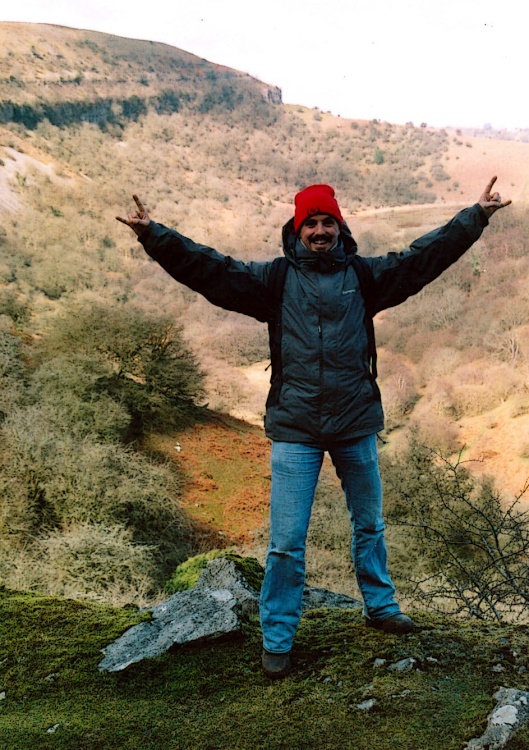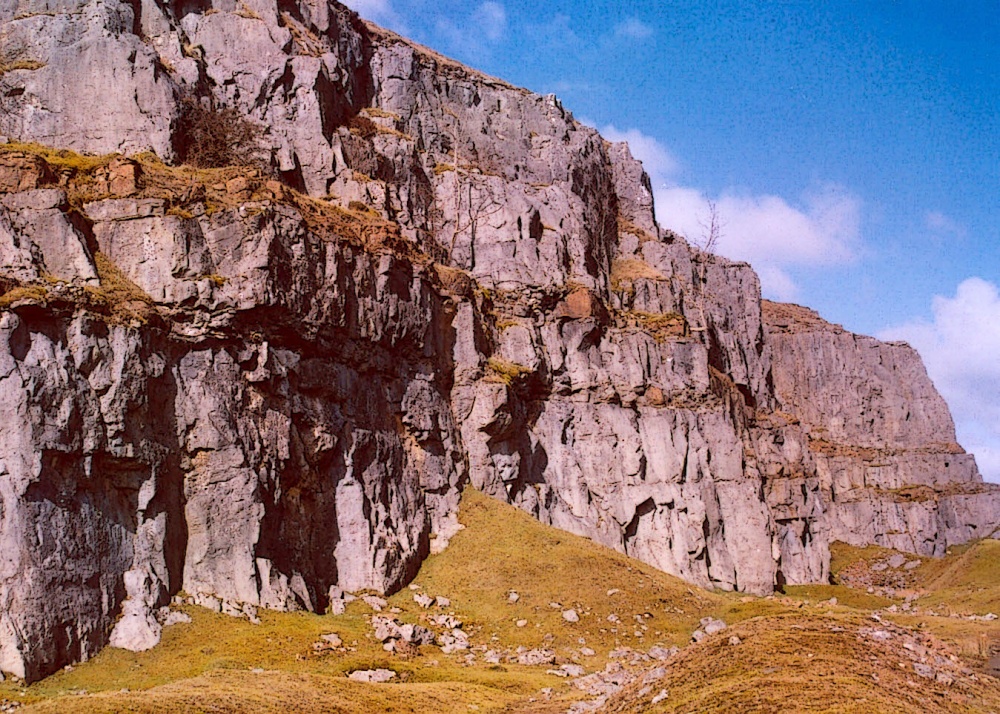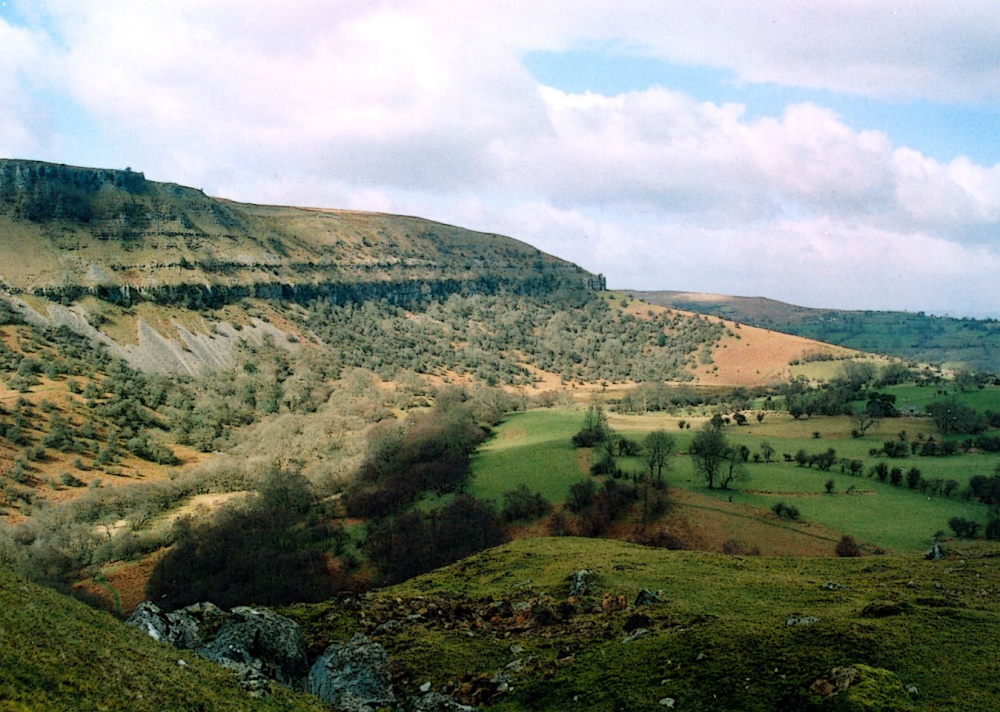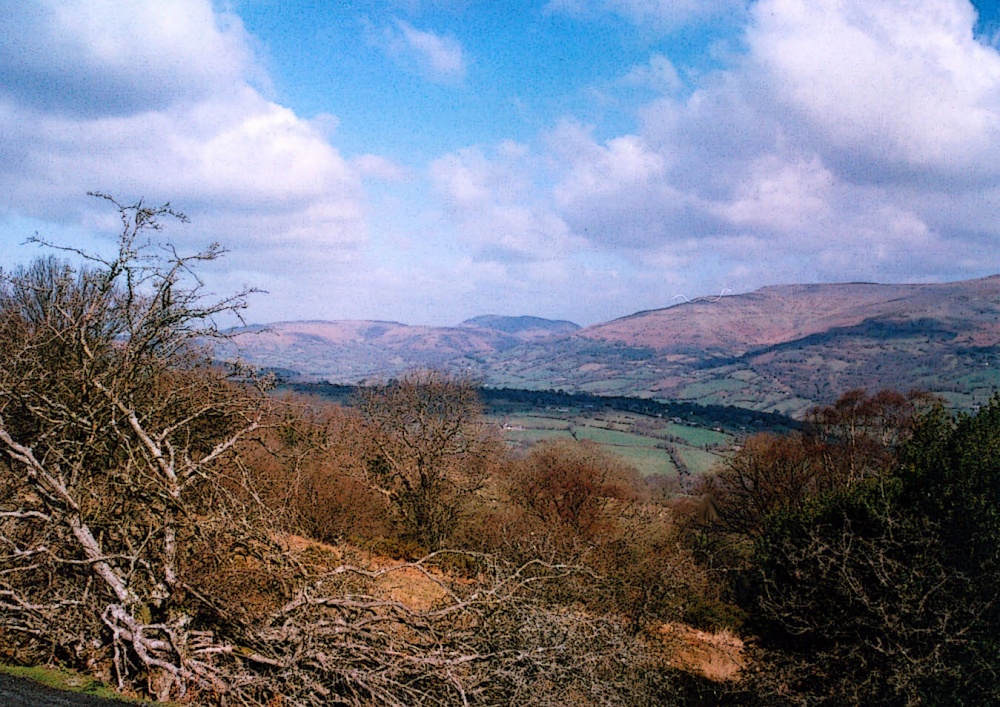Please login or click here to join.
Forgot Password? Click Here to reset pasword
 |
Craig y Cilau This picture appears in the following picture tours: |
 |
Craig y Cilau This picture appears in the following picture tours: |
 |
Craig y Cilau This picture appears in the following picture tours: |
 |
Craig y Cilau This picture appears in the following picture tours: |
 |
Craig y Cilau This picture appears in the following picture tours: |
 |
Craig y Cilau This picture appears in the following picture tours: |
 |
Craig y Cilau This picture appears in the following picture tours: |
 |
A walk around Llangattoch escarpment Today the limestone cliffs that form the Llangattock escarpment dominate the skyline in the Crickhowell locality of the national park. Most would agree that it is a striking attractive feature of the landscape. Yet it is not a natural feature rather the results of extensive quarrying in the 18th and 19th centuries. The construction of the Monmouthshire and Brecon Canal between 1797 and 1812 encouraged extensive quarrying on the Llangattock ridge eventually extending for nearly 5 km. The quarry on the Llangattock ridge was linked to the canal at Llangattock wharf via a tram road. Lime processed in lime kilns had a number of uses in 18th and 19th century households and agriculture. It was widely used by farmers to sweeten the soil and many a home owner would use it to whitewash the outside of their house. In addition it was an essential ingredient in the iron making process. Tram roads linked the canal with the iron works in the Clydach Gorge (at Gilwern) and with the Garnddyrys iron works (at Llanfoist) on the slopes of the Blorenge. Today the Llangattock escarpment is a favourite locality with cavers from across Europe. There has been no quarrying on this escarpment for nearly 60 years and nature has largely reclaimed the landscape as its own. The quarrying process in effect sectioned the cliff face and in so doing uncovered an entrance to one of the longest cave systems in the United Kingdom with over 12 miles of passages. The western section of the escarpment is now designated as the Craig Y Cilau National Nature Reserve. This information is from the "Brecon Beacon national park at the the mountain hut" This picture appears in the following picture tours: |